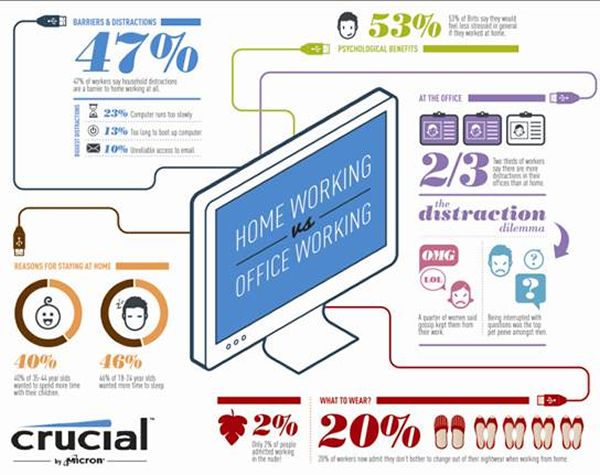 Faced with the COVID-19 outbreak and new regulations to control it in the second quarter of 2020, large and small businesses in the UK ably implemented technology transformations that allowed thousands of employees to work from home, according to a new report.
Faced with the COVID-19 outbreak and new regulations to control it in the second quarter of 2020, large and small businesses in the UK ably implemented technology transformations that allowed thousands of employees to work from home, according to a new report.
The report by Information Services Group (ISG), with the concise title The 2020 ISG Provider Lens Digital Workplace of the Future – Services & Solutions, found most organisations smoothly provided remote workers with the devices, bandwidth and collaboration tools they needed. The bigger issues raised by the transition were security and change management, the report says.
Public and private-sector enterprises wanted to ensure endpoints were secure and employees—especially older ones—didn’t lose touch with the organisation. In this environment, effective change management programs and the ability to offer experience-level agreements (XLAs) are helping digital workplace providers stand out.








